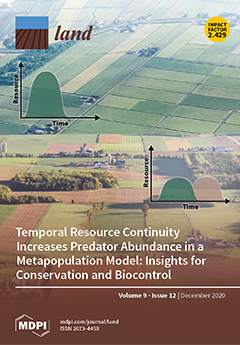Africa is facing an inevitable rise in urban pressure. Faced with rampant urbanization and the growing number of people living in slums, several African countries have opted for the development of entirely new cities as much as a territorial strategy a...
The Urbanization Challenge In Africa And The Territorial Strategy Of North African Countries: The Case Of The New Towns Policy In Morocco




